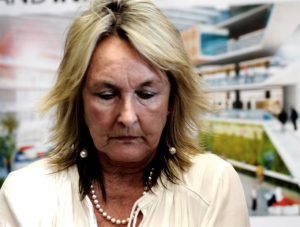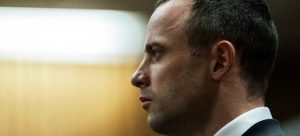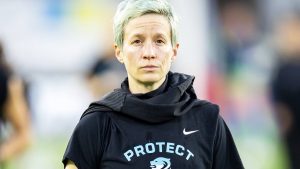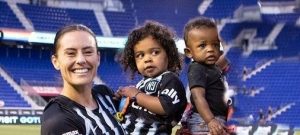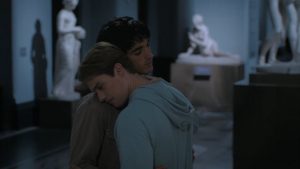With the 2020 Paralympics is around the corner, a report from the LGBTQ sports site Outsports has said that there will be at least 27 openly LGBTQ athletes from eight countries competing in the tournaments.
According to Outsports, it is more than double the 12 who competed at the 2016 Paralympic Games in Rio, and it comes after record-setting representation at the Tokyo Summer Games, where at least 185 queer Olympians competed.
Lauren Appelbaum of RespectAbility, a nonprofit that works to change how society views people with disabilities, said the increased visibility points to the “large intersection” between the LGBTQ and disabled communities.
Also read: Tokyo Paralympics 2020: All about 54-member strong Indian contingent
“We hope that even more athletes participate in the future,” Appelbaum said in a statement, “as it is critical for all disabled people to have positive role models for success.”
As with the Summer Olympics, the majority of open LGBTQ Paralympians are women, including four members of Great Britain’s women’s wheelchair basketball team — Jude Hamer, Robyn Love, Lucy Robinson and Laurie Williams.
Williams and Love have been a couple for more than six years. They got engaged in February 2020, shortly before the start of the pandemic.
Taking to Instagram, Love said, “I couldn’t imagine what my GB journey would have been like if Laurie and I weren’t together.”
“I don’t think I would have progressed so quickly without her pushing me so hard, I can still hear ‘one more push’ in my head every time I’m defending,” she added.
Also read: Tokyo Paralympics 2020: A guide to the event, features and restrictions
Meanwhile, the only out gay man at the Tokyo Paralympics is Sir David Lee Pearson. He is a highly decorated para-equestrian who has won gold 11 times at the Paralympics.
“I love seeing our out Paralympians highlighted because it shows that while we still have a ways to go, as a society, we have become more accepting,” Team USA sitting volleyball player Monique Matthews told Outsports. “People are able to be their authentic selves and feel safe.”


